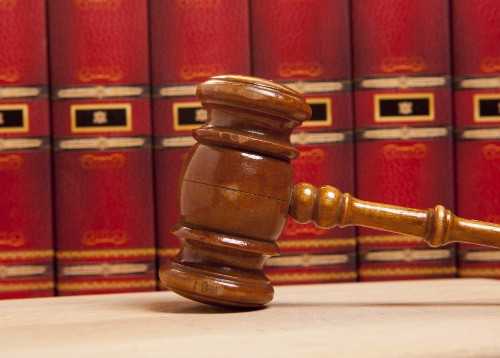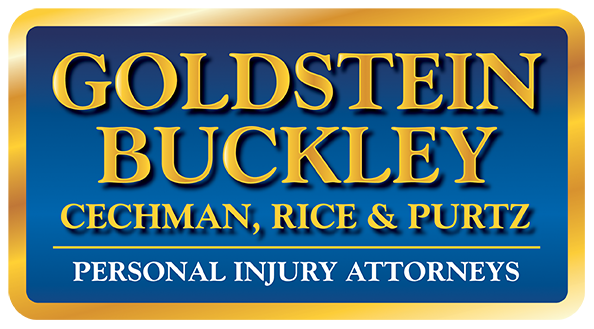Cape Coral, Florida, is known for its stunning waterfront views, lush landscapes, and proximity to the Gulf of Mexico. However, this paradise comes with its fair share of challenges, primarily in the form of hurricanes. Cape Coral residents are no strangers to the power of these natural disasters, which can bring devastation in their wake. Hurricane insurance is a crucial safety net for homeowners in this region, providing financial protection in the event of property damage caused by hurricanes. In this article, we’ll explore the common types of hurricane insurance accidents in Cape Coral, Florida, and the requirements for making successful claims.
Understanding Hurricane Insurance
Before delving into the common types of hurricane insurance accidents and their requirements, it’s essential to understand what hurricane insurance is. Hurricane insurance is a specialized type of coverage that typically falls under homeowners’ insurance policies. It specifically addresses the damage caused by hurricanes and their associated perils, such as strong winds, heavy rain, and storm surges. This type of insurance is indispensable in hurricane-prone areas like Cape Coral, where residents face the constant threat of severe weather events.
Common Types of Hurricane Insurance Accidents in Cape Coral
- Wind Damage: Cape Coral residents are no strangers to strong winds during hurricane season. High-speed winds can wreak havoc on homes, tearing off roofs, shattering windows, and causing structural damage. Hurricane insurance often covers the costs of repairing or replacing structures damaged by wind.
- Water Damage: Hurricanes can bring torrential rain and storm surges, leading to severe water damage. Flooding, in particular, is a significant concern for homeowners in Cape Coral. Hurricane insurance usually covers damages resulting from water intrusion, provided the policy includes flood coverage.
- Debris Impact: The heavy winds during a hurricane can turn debris into dangerous projectiles, causing significant damage to structures and vehicles. Hurricane insurance policies often include coverage for debris impact, helping homeowners recover the costs of repairs or replacements.
- Fallen Trees and Branches: Falling trees and branches are another common occurrence during hurricanes. These can damage roofs, vehicles, and other structures on the property. Hurricane insurance can help cover the costs of removing debris and repairing the damage caused by fallen trees.
- Loss of Personal Property: Hurricane insurance can also extend coverage to personal belongings damaged or destroyed during a hurricane. This includes items like furniture, electronics, clothing, and appliances.
Requirements for Hurricane Insurance Claims
Filing a hurricane insurance claim in Cape Coral, Florida, involves specific steps and requirements. Understanding these requirements is crucial for ensuring a successful claim process. Here are some key steps to follow:
- Review Your Policy: The first step is to thoroughly review your hurricane insurance policy. This will help you understand what is covered, the limits of coverage, and any deductibles that may apply. Familiarizing yourself with your policy will make the claims process smoother.
- Document the Damage: As soon as it is safe to do so, document the damage to your property. Take photographs or videos to provide visual evidence of the destruction. This will help support your claim and make it easier for the insurance company to assess the extent of the damage.
- Report the Claim: Contact your insurance company as soon as possible to report the claim. Most insurance providers have specific time frames within which claims must be filed. Prompt reporting is essential to ensure your claim is processed without unnecessary delays.
- Mitigate Further Damage: It’s important to take steps to prevent further damage to your property. This may include covering broken windows, tarping damaged roofs, or addressing any immediate safety concerns. Your insurance policy may require you to take such measures, and failing to do so could affect your claim.
- Provide Necessary Documentation: Be prepared to provide documentation to support your claim. This includes photos, videos, receipts for repairs or replacements, and any other evidence requested by your insurance company. Keep copies of all communication with your insurer.
- Work with Adjusters: Your insurance company will likely send an adjuster to assess the damage and estimate the cost of repairs or replacements. Cooperate with the adjuster and provide any information or documentation they request.
- Stay Informed: Keep informed about the progress of your claim and follow up with your insurance company as necessary. It’s important to be persistent and advocate for your rights to ensure a fair settlement.
- Be Aware of Deadlines: Hurricane insurance policies may have specific deadlines for filing claims and completing the claims process. Be sure to adhere to these deadlines to avoid any potential issues with your claim.
The Importance of Adequate Hurricane Insurance Coverage
While the focus of this article has been on understanding the common types of hurricane insurance accidents and the requirements for successful claims, it’s crucial to stress the importance of having adequate hurricane insurance coverage.
- Assess Your Coverage Needs: It’s essential to assess your coverage needs based on your property’s location, its vulnerability to hurricanes, and your financial situation. Adequate coverage can mean the difference between a quick recovery and financial hardship.
- Consider Flood Insurance: In hurricane-prone areas like Cape Coral, flood insurance is often a separate policy from standard homeowners’ insurance. Be sure to consider purchasing a flood insurance policy, especially if your property is in a flood-prone area.
- Regularly Review Your Policy: Your insurance needs may change over time. It’s a good practice to review your insurance policy annually or when significant life changes occur, such as home renovations or additions. This ensures that your coverage aligns with your property’s current value and potential risks.
- Seek Professional Guidance: If you’re unsure about the extent of your coverage or have questions about your hurricane insurance policy, consider consulting an insurance agent or broker. They can provide expert advice and help you make informed decisions.
- Mitigate Risks: Aside from insurance, taking steps to mitigate hurricane risks can also reduce the likelihood and severity of damages. Consider reinforcing your home, installing hurricane shutters, and maintaining your property to prevent damage.
- Emergency Preparedness: Create a hurricane preparedness plan for your family. This plan should include evacuation routes, a disaster supply kit, and information about local shelters. Being well-prepared can help keep you safe during a hurricane and reduce the potential damage to your property.
In Cape Coral, Florida, hurricane insurance is not just a financial safeguard; it’s a lifeline that helps residents rebuild their lives and homes in the aftermath of a hurricane. Understanding the common types of hurricane insurance accidents and the requirements for making successful claims is essential for every homeowner in this hurricane-prone area.
As Cape Coral residents, it is vital to be proactive and well-prepared for the unpredictable forces of nature. By following the steps mentioned above and having a clear understanding of your hurricane insurance policy, you can navigate the claims process more effectively and ensure that your recovery is as smooth as possible.
If you have any questions or need assistance with your hurricane insurance claims in Cape Coral, Florida, don’t hesitate to reach out to Goldstein, Buckley, Cechman, Rice & Purtz, P.A. Our team of experienced attorneys is here to help you protect your rights and get the compensation you deserve. Contact us today to ensure you’re fully prepared for the next hurricane season.
At Goldstein, Buckley, Cechman, Rice & Purtz, P.A., we understand the challenges that Cape Coral residents face when dealing with hurricane insurance claims. If you have questions, concerns, or need assistance with your hurricane insurance claims, our experienced attorneys are here to help. Contact us today to ensure your rights are protected and your recovery is as smooth as possible. Don’t wait until the next hurricane season – be prepared and informed. Your future depends on it.
